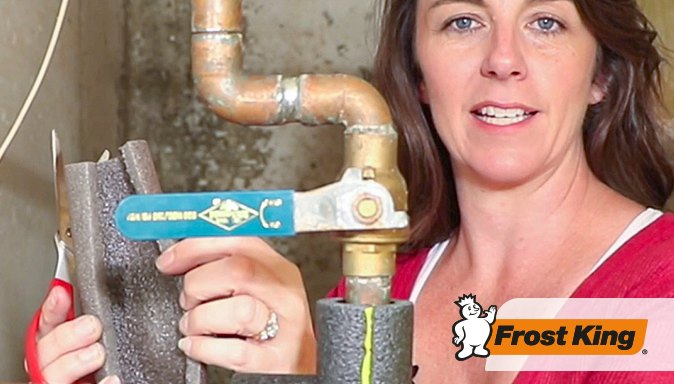It’s the start of a new year! As you make resolutions to take better care of yourself, remember that your home needs some tender loving care too.
Use this checklist of monthly home maintenance tasks to keep your home in good condition, identify potential problems before they become bigger maintenance issues down the road, and even extend the lifespan of your home’s major systems.
Start 2023 off right by making a resolution to stick to these little monthly maintenance tasks:
• Check HVAC Filters (and Replace if Needed)
The filter in your home’s HVAC system traps dust, dander, pollen, and other particles, improving the air quality in your home. When the filter gets dirty or clogged, your HVAC system has to work harder, which can lead to costly repairs or even failure. While most HVAC filters don’t need to be changed monthly, that doesn’t mean you shouldn’t check it every month just to make sure that debris and dust hasn’t built up. And if the filter is damaged or wet, replace it immediately—even if it isn’t due for a change.
• Clean Other Home Filters
Your home is loaded with other filters that need to be maintained to keep them working. At least once a month you should clean the filters in your dishwasher, dehumidifier, range hood, over-the-range microwave, and window air conditioner units. The lint filter in your clothes dryer should be cleaned after every use, and once a month you should check the dryer cabinet and duct for lint build up that could lead to a house fire.
• Check for Leaks
Water is your home’s biggest enemy: drip by drip, a small leak can cause mold and mildew to grow, cause cosmetic and structural damage, attract termites, and even weaken the foundation of your home. Protect yourself from water leaks by doing a quick check to see if sinks, tubs, toilets, or exposed pipes are leaking, and if there’s any water in the basement, crawlspace, and attic, especially after a heavy rain. During the humid months, you should also check cold water pipes for condensation and dripping, which can make your basement damper. Stop pipes from sweating by wrapping them in Frost King Tubular Foam Pipe Insulation, which stops moist, warm air from coming in contact with cold pipes. A bonus: in the winter, foam pipe insulation can keep your pipes from freezing.
• Test Smoke Alarms and Carbon Monoxide Detectors
Smoke alarms and carbon monoxide detectors can save your family’s life—but only if they work. Check to make sure they’re functioning properly by pressing the “test” button and make sure that the batteries are fresh. To be safe, every six months you should swap in fresh batteries. And remember that smoke alarms and carbon monoxide detectors don’t last forever. Most need to be replaced after 10 years. After checking the detectors, take a peek at your fire extinguishers to make sure they’re not expired, dented, or damaged. Don’t have fire extinguishers? You should have at least one fire extinguisher in your home, and preferably one on every floor.
• Check Your Home’s Exterior
Take a quick walk around your home, looking for damage to the siding, gutters, roof, and window screens, cracks in the foundation, and standing water. Check for peeling paint and any signs of rodents and insects as well. If icicles or ice dams form on your roof during the winter months, add roof cables, which heat up to stop ice from forming and keep water moving off your roof and into the gutters.
• Check the Garage Door
Make sure your garage door runs up and down the tracks smoothly and that no hardware is loose or damaged. You should also test the door’s auto-reverse feature by centering a 2x4 under the open garage door and closing it; when the door hits the board, the door should stop and automatically reverse. Inspect the rubber seal at the bottom of the door. If it’s torn, damaged, or missing, replace it with a new bottom seal.
• Keep Vents and Systems Clear
Check vents and systems to make sure they’re not blocked. In the winter, that means clearing snow from vents and meters and during the warmer months, trimming plants and grass growing near vents, meters, you air conditioning unit, and any other mechanical systems.
You know how they say an ounce of prevention is worth a pound of cure? Making a resolution to commit to this minor maintenance each month could save you hours of time—and a big chunk of money—down the road.
